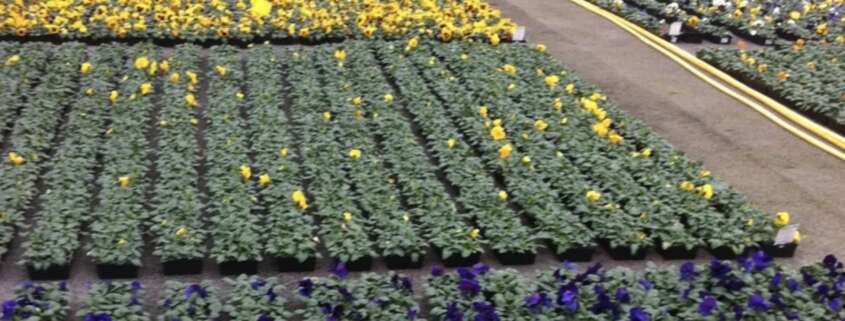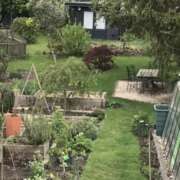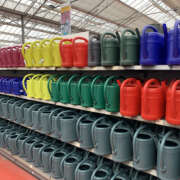Second-hand
#second-hand #clothing #garden #emmaus #seeds #mowers #gardencenter
Second-hand, you know? “We’re not going to mess up anyway! The second-hand is developing. But as each effect has its downside, can the second hand have a negative impact on solidarity? And in the garden, can the second-hand affect the quality of products and plants?
Secon-hand
A little reminder is in order… In our consumer society, the goal is to produce and offer new products for sale. The perverse effect is all the same to increase the consumption of our fellow citizens every year to keep the machine running. Ah well yes, you cannot imagine proposing to your boss a lower budget for the next season? We must therefore move forward and progress… We can sell a high-end product to stand out, with a disadvantage, it is its much longer renewal. We can sell a more “economical” product that the customer will come back to buy regularly… But with a wallet that is less and less filled, with resources and raw materials that are more difficult to find… Add to that a hint of ethics to be respected for brands and distributors… We have to reinvent ourselves to always progress! Hence the second-hand. It’s simple, we manufacture once and sell several times. By trying to add value: the price, the service, the “save the planet” support… In short, all means are good for selling and reselling!
The second-hand market…
The best example is clothing. And there, the numbers and the logic go crazy!In the US, the second-hand clothing market should reach 50 billion in turnover this year!The second-hand in clothing could well exceed Fast Fashion. That’s good, the second feeds the first!With shops like Shein, you are offered to change your clothes almost every day. Be fashionable at a low price. Obviously, we do not take into account the problems related to sustainable development, to resources, to the exploitation of the little hands who make these disposable clothes. The most important thing is to sell more than last season! Everything’s good…And once these second-hand clothes have been purchased, thanks to platforms like Vinted, we will be able to resell, and recover a few tunes to buy new clothes. This is a growing market, and Vinted’s competitors are now legion.Basically, the principle is simple, “stop throwing away your old clothes, resell them on my site, you will be doing a good deed for the planet, for yourself, and for my business!”.
Fair competition? Or not ?
And you can turn the problem around in every way, morality is on the side of this second hand…But the second hand, for clothes as for furniture and many other everyday consumer products, has not always been sold.Before, we had associations like Emmaüs which collected our funds to give them to people in need. Competition comes directly in the face of solidarity.Vinted’s slogan is: “If you don’t wear it, sell it!”. Emmaüs comes to counterbalance with a “If you don’t wear it, give it away!”.Always this butterfly effect… Our economic logic requires having a minimum of money to have fun, to the detriment of any solidarity. All t-shirts sold second-hand will not be given away. This is how. But reconciling economy, respect for the planet, fast fashion and solidarity… This is quite simply squaring the circle.So we will continue to change clothes every day, to buy as cheaply as possible while convincing ourselves that it is good for the planet!
Second plants, second seeds
In the garden, we are cooler on the subject. We started with mowers, sold second-hand! It’s also second-hand… And we continued with the seeds harvested “home” and the cuttings exchanged here or there.The barter of seeds develops in a consistent way in the associations. Obviously, there are some risks. You may not get the variety advertised, bees and other pollinating insects have mixed in. You may end up with “different” results. The mastery of F1 is not at the top for the amateur gardener either. Ditto for the control of germinations…On the plant side, even if it is still marginal, barters and exchanges are increasingly emerging.Like clothing and many other markets, the second-hand will continue to develop in the plant sector. We can only accompany the process and explain the ins and outs of this phenomenon.The development of the vegetable garden and the concern for economy of our amateur gardener will multiply the desire for exchange. It’s time to anticipate the phenomenon…












Leave a Reply
Want to join the discussion?Feel free to contribute!